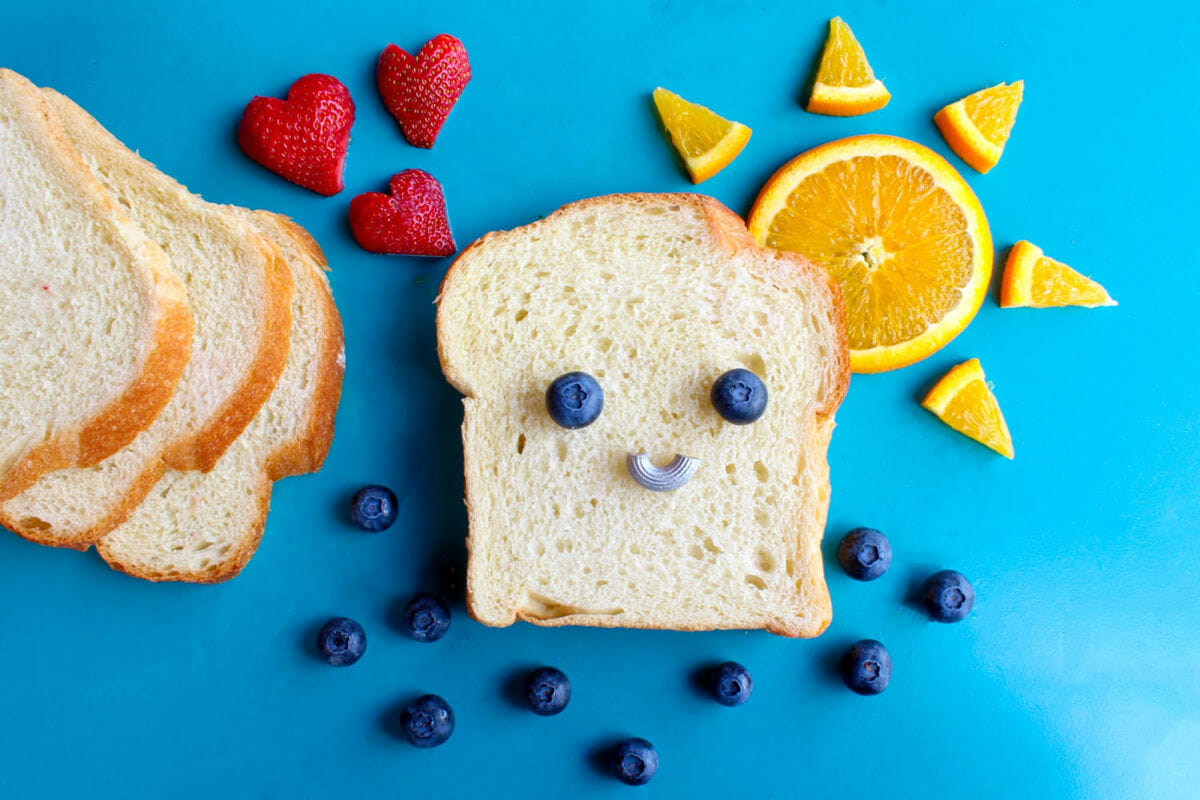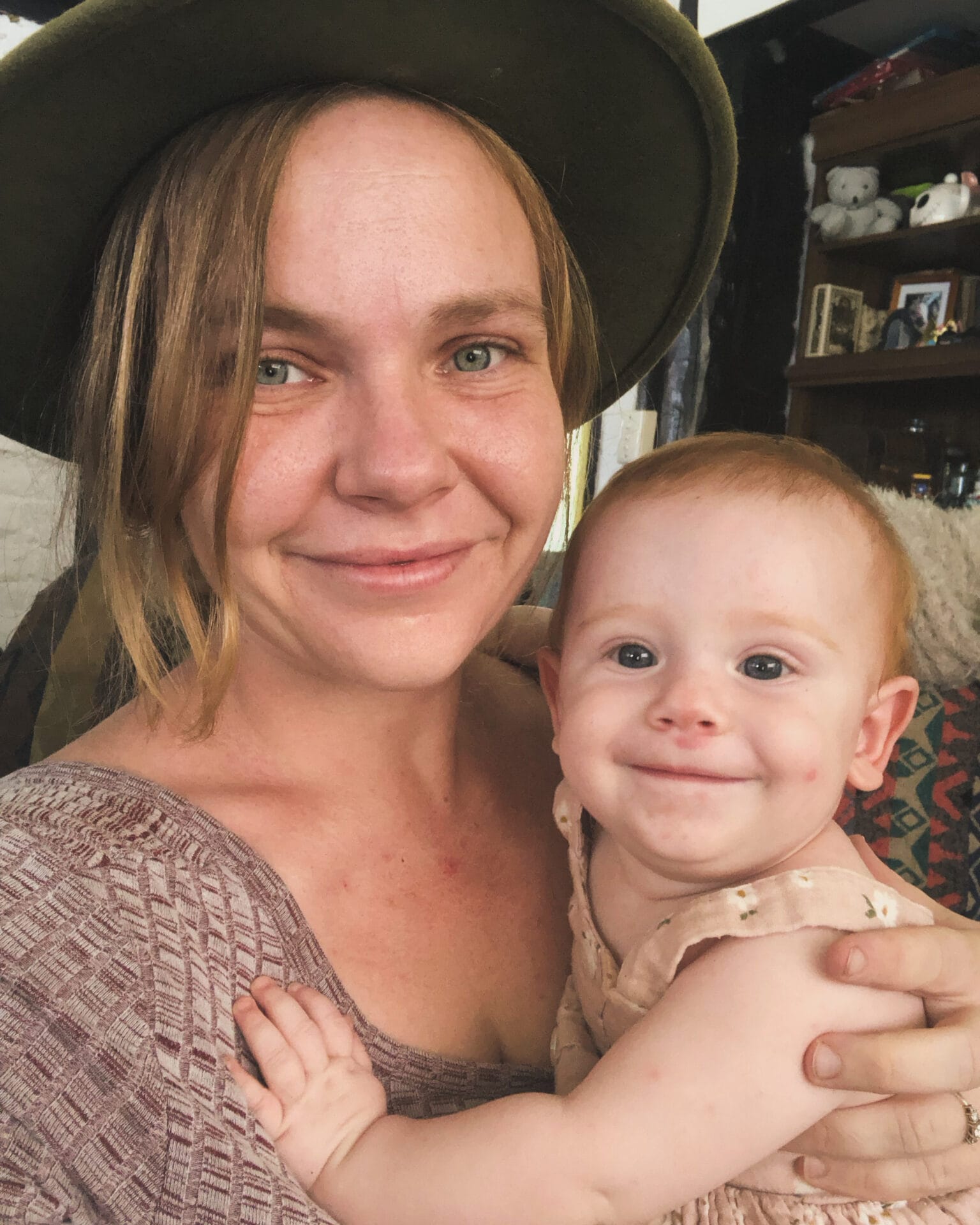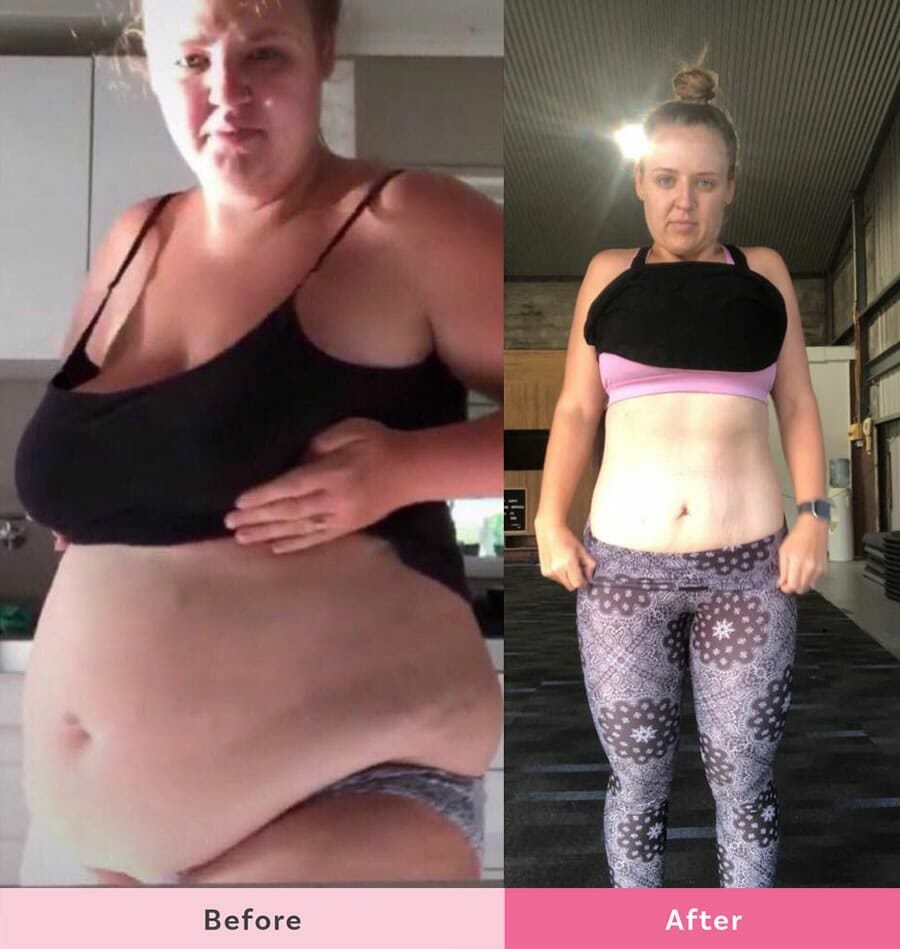Growing pains are real but experts can’t figure out what they are
A recent study was conducted to look into what growing pains are. And while experts found that are ‘real’, they aren’t exactly sure what causes them.
Has your child ever complained about pains in their legs?
Many doctors and medical experts put these aches down to ‘growing pains’. But what are they, and what causes them?
A recent study was conducted to look into what growing pains are. And while experts found that are ‘real’, they aren’t exactly sure what causes them…
Aussie researchers look into what causes growing pains

Growing pains aren’t anything new! Generations of children going back centuries have complained of aches and pains as they grow.
Often described as a throb in the legs, they can happen in the front of the thighs, the calves or behind the knees.
Some studies have suggested up to a third of kids experience them. It’s also been suggested that growing pains stem from running, climbing and jumping – which can be hard on a child’s musculoskeletal system.
The study

Researchers at the University of Sydney decided to look into the cause of growing pains and exactly what they mean.
However, they have found there is no consistent medical definition of the condition behind a diagnosis.
Professor Steven Kamper from the School of Health Sciences at the University of Sydney and Nepean Blue Mountains Local Health District reveals experts couldn’t give a definitive answer.
“What we found was a little concerning: that there is no consistency in the literature on what ‘growing pains’ means,” he said.
“The definitions were really variable, vague and often contradictory. Some studies suggested growing pains happened in the arms, or in the lower body.”
“Some said it was about muscles while other studies said joints.”
“What this study uncovered was while ‘growing pains’ is a very popular label used to diagnose musculoskeletal pain, it means very different things to different people.”
“This level of uncertainty means clinicians don’t have a clear guide or criteria to know when the label ‘growing pains might be appropriate for a patient’.”
More research needs to be done on the subject.
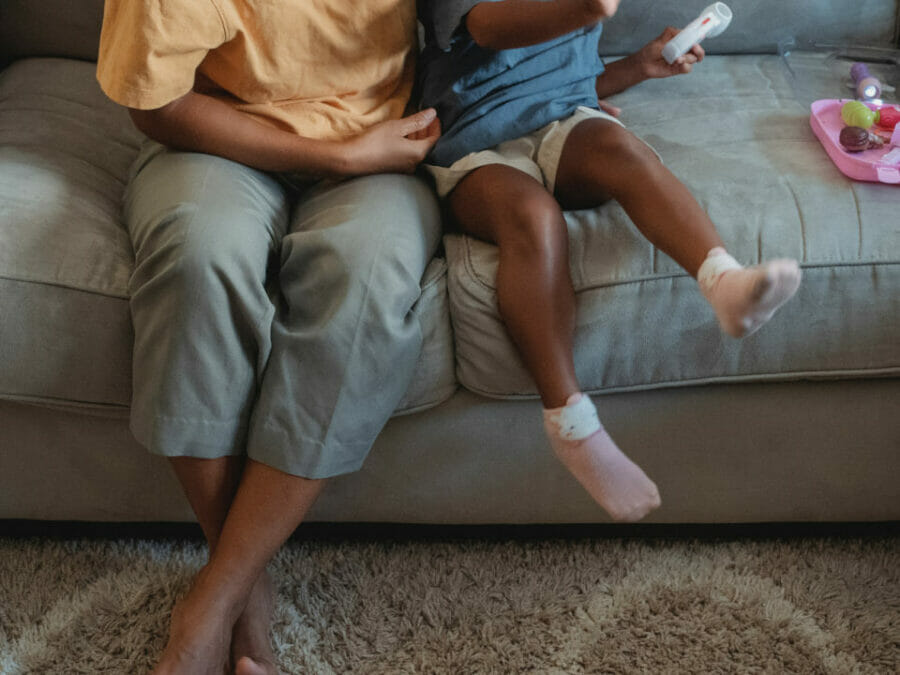
How can B Vitamins, Calcium, Vitamin D and Zinc help your child’s health!
B vitamins
B1, B2, B3, B5, B6, B9 and B12 are the B group vitamins. When they are grouped together, they are known as a B complex.
Each different B vitamin does a different job in our body, but they all support each other’s function, so it’s important not to just focus on one but to get a bit of them all!
- B1 or Thiamine helps energy production and nerves. In kids, not having enough B1 can be a cause of low energy, aggression, and poor appetite.
- B2 or Riboflavin helps brain function, nutrient absorption and immune function. Not enough B2 might cause cracks at the corners of the mouth and is linked with iron deficiency.
- B3 or Niacin is needed for cell energy and fat metabolism. Skin sores and rashes are linked with not enough B3, as is frequent diarrhoea, irritability, sleep issues and headaches.
- B5 or Pantothenic acid is also used for energy production and fat metabolism, as well as carb metabolism and hormone production. It helps with immunity, wound healing and stress management. Not enough B5 is linked with getting pins and needles, tummy cramps, frequent allergies, fatigue and poor digestion.
- B6 or pyridoxine is needed to support nerves, hormones, enzymes, skin health, and neurotransmitter production. Without enough B6, children can feel moody, have muscle spasms, have cracks or sores at the corners of eyes or mouth, have scaly rashes, lowered immunity, tingling in hands and feet, and also feel very fatigued.
- B9 or folate is used for DNA production, and neurotransmitter support, and is used for healthy skin, nerves, mucous membranes, teeth and gums. Deficiency signs of not enough B9 include poor concentration, irritability, sore tongue, patchy coloured skin, sleep issues, and indigestion.
- B12 or Cobalamin is used for energy production and nervous system support. Not enough B12 might cause shortness of breath, dizziness, poor memory, depression or irritability, pins and needles and digestive issues.
Calcium
Calcium is required for so many body functions! Skin, teeth, heart health, bone strength, muscle and nerve functions.
Not enough calcium can cause muscle cramps, bone fractures, anxiety, depression and a tingly feeling around your mouth.
In kids, calcium can help with growing pains, restlessness, sleep issues and allergies.
Calcium is in dairy foods, but they are also high in phosphorus, which excretes calcium, so plant-based sources of calcium are really good sources.
Vitamin D
Vitamin D or calciferol is one of the fat-soluble vitamins which is found in very low amounts in foods and needs to be synthesised from sunlight exposure on our skin.
In our slip, slap, slop nation, we are covering up to protect our skin, but this reduces our vitamin D exposure.
Vitamin D is needed for growth, nerves and muscle function. It pairs up with calcium for bone and teeth help.
In kids, a shortage of vitamin D can cause rickets, where the bones don’t develop properly. It’s also linked with lethargy, sweating head when sleeping, weak muscles, and serious conditions like convulsions and heart failure.
Zinc
Zinc is a mineral used in protein and blood sugar metabolism, hormone function, immunity, wound healing, and bone health. Kids who have recurrent infections may need more zinc.
Not enough zinc can be linked to dyslexia, poor appetite, poor skin, nails and hair, slow growth, poor taste, skin rashes and digestion issues.
Boost your little one’s vitamin intake with The Healthy Kids Smoothies
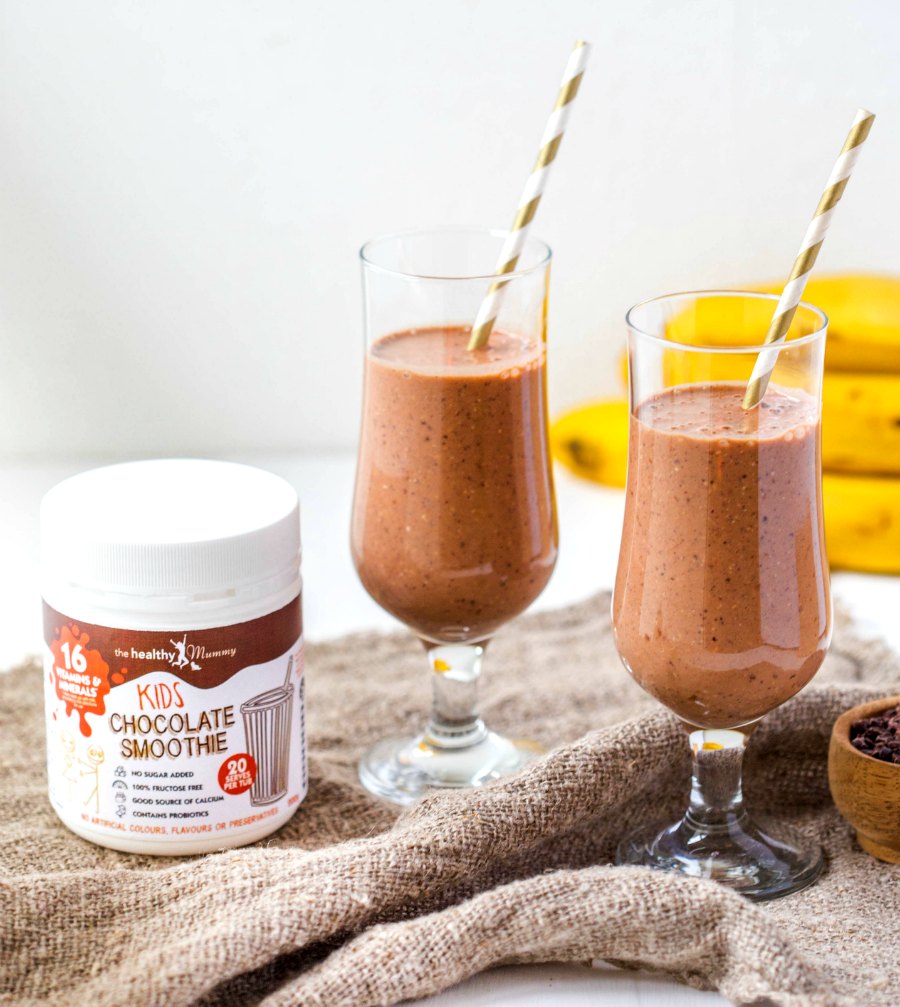
The Healthy Kids Smoothie has been specially made as a healthy snack for kids and is ideal if you have fussy eaters or want to ensure your children have a nutritious and healthy smoothie snack. It also has a 4.5 Health Star Rating when made with skim milk. Plus it contains NO added sugars.
The sugar content in The Healthy Kids Smoothie is from NATURAL sugars from the lactose in the milk and is FREE from added sugars. WHO recommend aiming for 5% added sugars in the diet, and this product provides NO added sugar
- The Healthy Mummy Kids Smoothie is rich in carbohydrates and protein and is a natural energy-packed smoothie made for kids.
- It contains 16 essential vitamins and minerals and, when combined with milk, provides children with 50% of their Calcium RDI.
- It also contains probiotics needed for healthy guts and is free from fructose.
GET YOUR HEALTHY KIDS SMOOTHIE TUB HERE!

